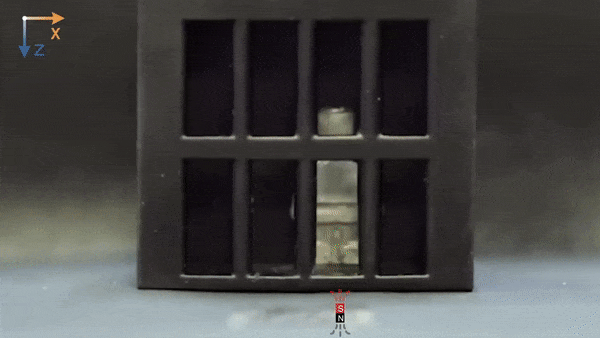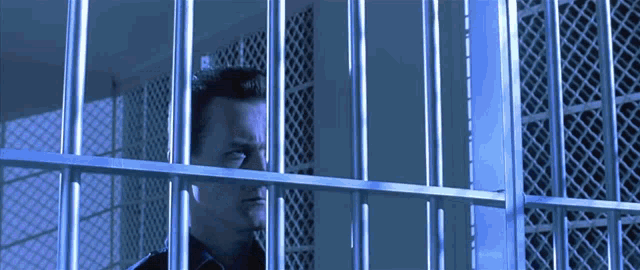Eduardo Ficaria
prosaparte
I completely agree with you that what the paper says is pure abstraction, just a little mental experiment about an highly hypothetical scenario involving AI. I understand that in this paper they just wanted to give a thought about the problem that a self-evolving advanced AI could end provoking when trying to achieve its goals, regardless of what physical means it has available and such things.The Vice article (and now a second one that I have seen) says that this appears likely. It also indicates some sort of vague threat due to competition for resources.
In the paper, the likelihood of something occurring is dependent upon multiple assumptions. Before saying the result is likely in the current world, though, each of the assumptions must be considered extremely likely. I note Assumption 1, where the AI mysteriously generates the ability to form hypotheses. This is indicated as not being provided by an algorithm, i.e., not programmed by humans (as we have no clue as to what this capability involves). AIs do not procreate, so there does not seem to be an evolutionary force involved. Even if there was, in our observed world, the ability to form hypotheses has developed only once across multitudes of creatures spanning hundreds of millions of years. This assumption is based entirely on some sort of miracle occurring.
Now, what are the resources that the AI is competing for? Water? Wheat? Even electricity does not make sense. Even if the AI, through some unexplained means, could redirect the flow of electricity, why would it? The underlying computer system cannot use extra electricity. And, as I noted above, the AI cannot reproduce little computer systems to utilize the electricity, either. So what resources would the AI compete for? And how would it possibly exert control over external resources?
I haven't studied control theory so I'll trust what you say about it, but I wouldn't equal the capacity of self-correction of an AI to noise. Noise is random and unpredictable, self-correction (or self-improvement) is a skill under the control of the AI. I agree that it should be possible to regulate such capacity, but here comes the trick. A theoretical superhuman AI could eventually outsmart or evolve beyond the control of such regulation, so again you go back to what the paper is trying to explain: how you control/contain/direct such entity to avoid a, for now, highly hypothetical catastrophe? And yes, if the AI is just in one mainframe or data center, it should be as simple as to turn it off, but in the future it won't be that simple thanks to the interest to achieve a true Internet of Things (Alexa, Siri, etc).The scenario described is a classic feedback loop, which is the basis of control theory. The distortion of the reward signal is simply what in signal processing would be called noise. Control loops allowing a feedback loop to latch onto an unexpected output level is a recognized issue with control loops. This latching onto an unintended result is precisely what is being described. The solution is merely to add a larger scale filter or constraint. If an AI starts to give undesirable results, one would merely shut it down, revert to a prior checkpoint and add another controlling rule to the mix.




/cloudfront-us-east-2.images.arcpublishing.com/reuters/5RNRMO775FNQHIWOLJ22HUDWM4.jpg)